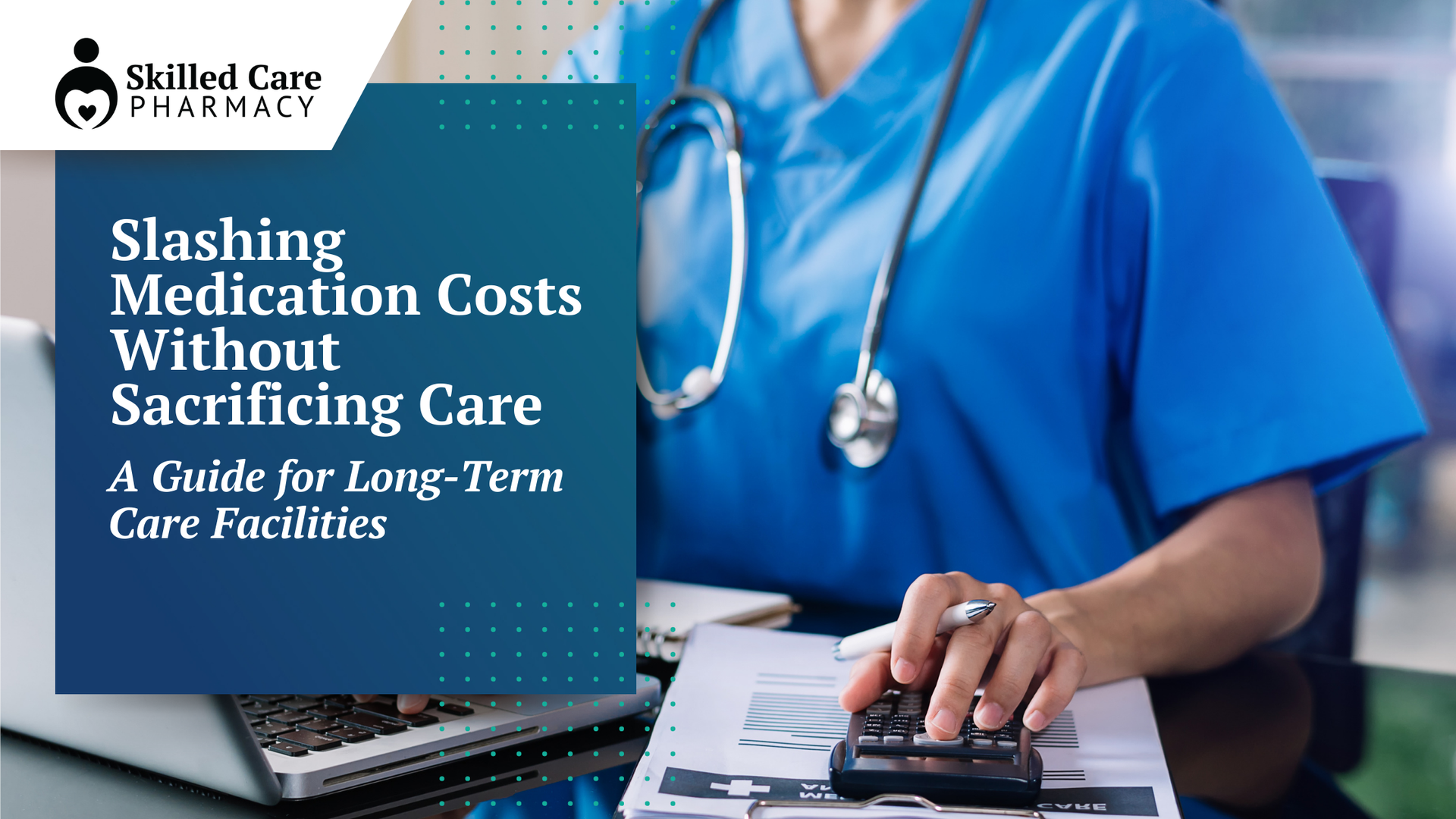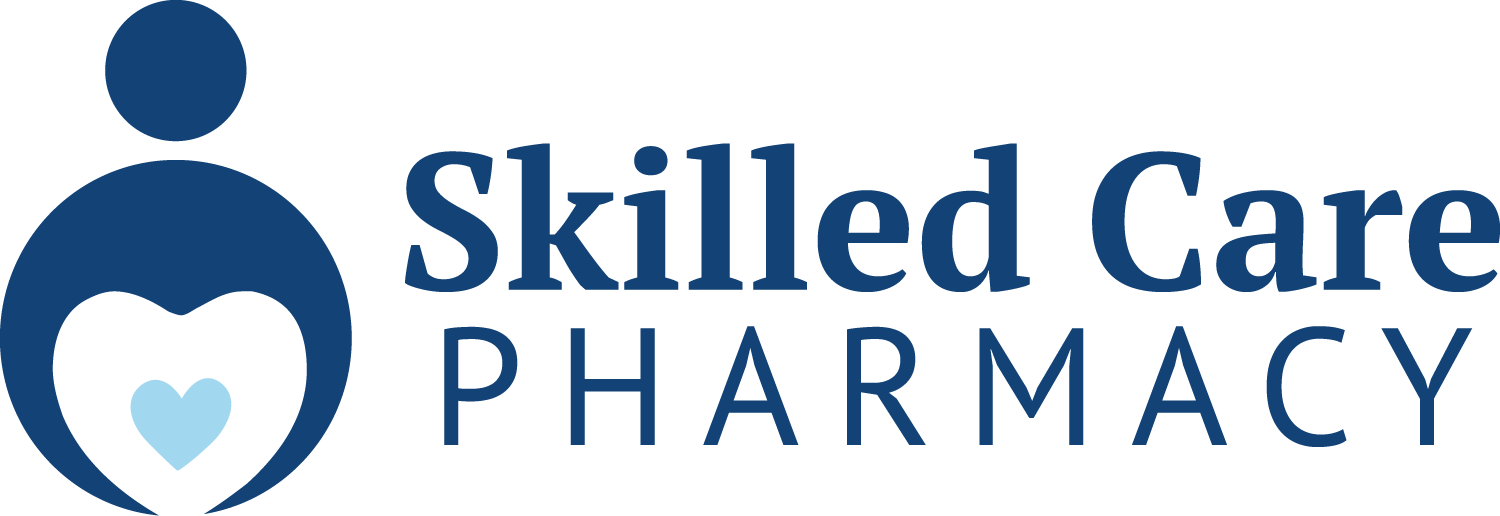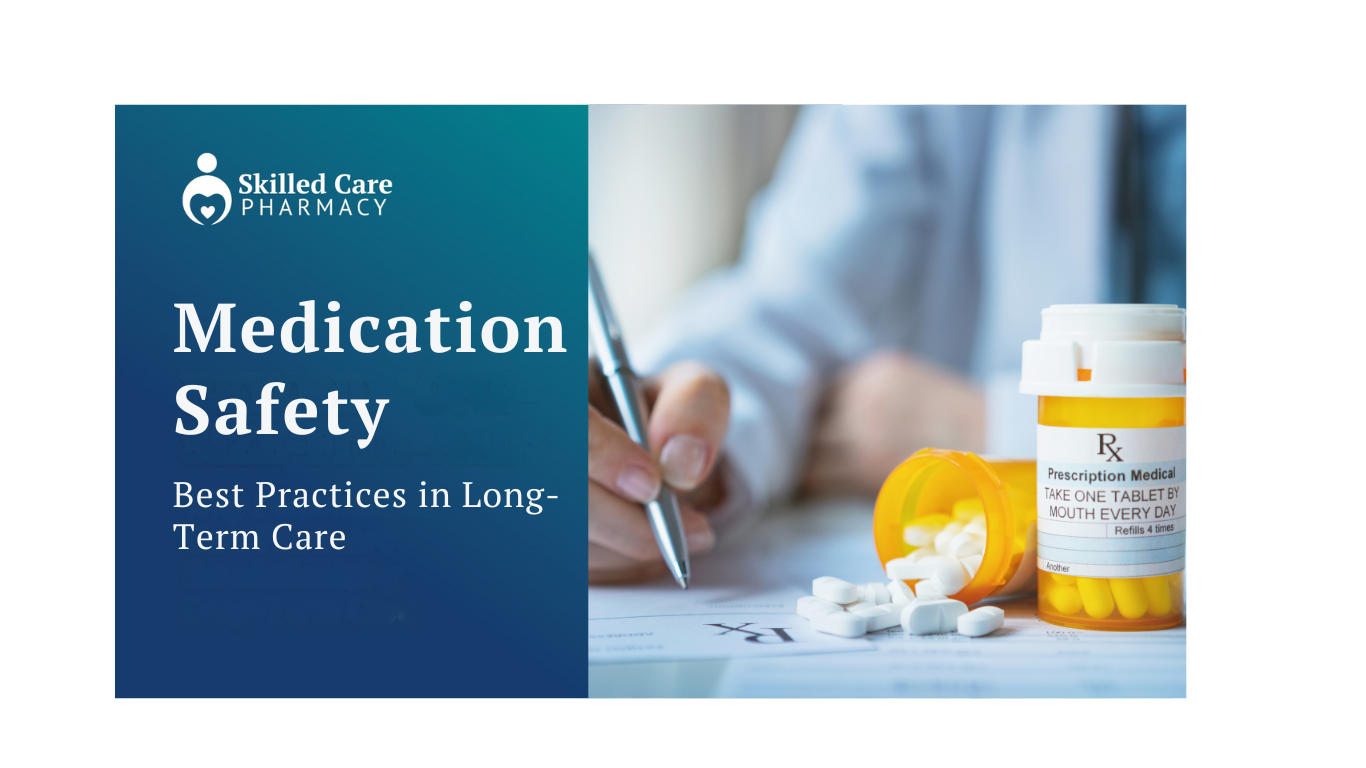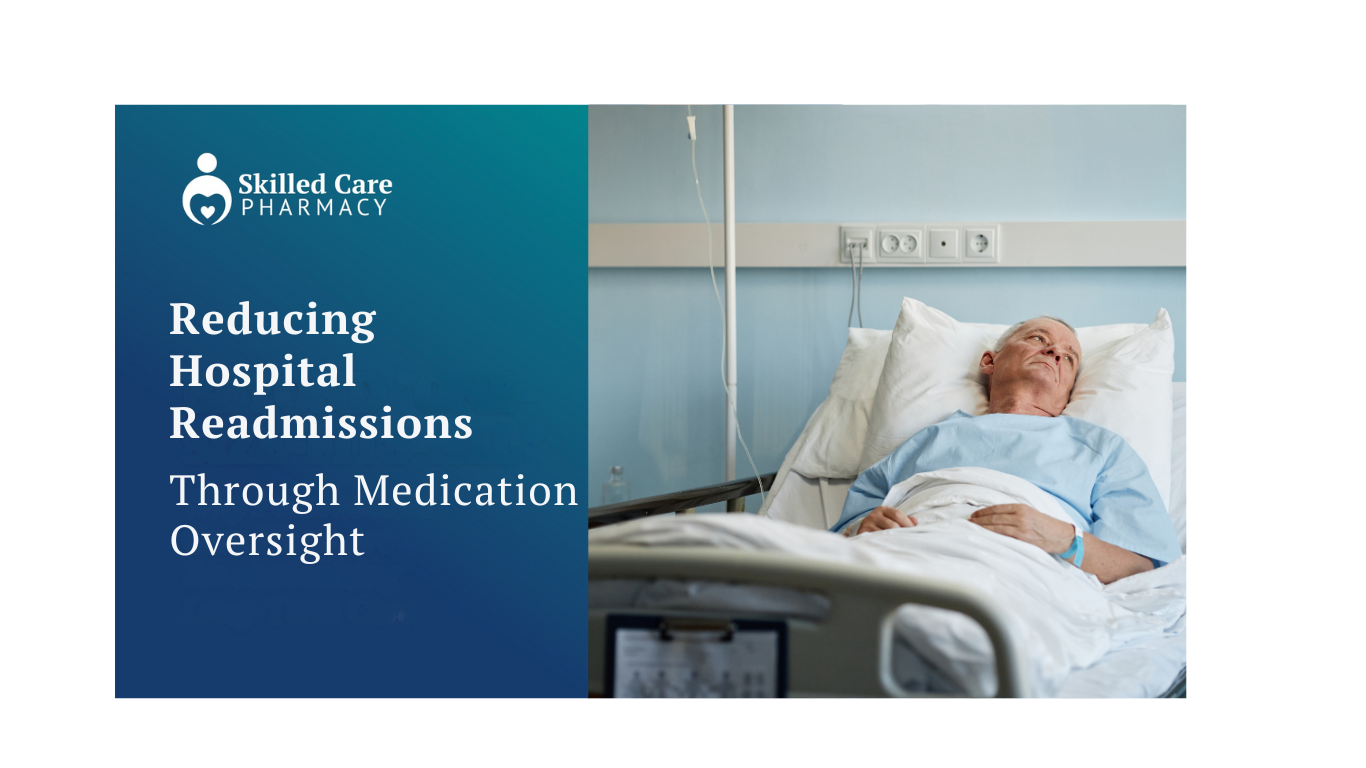Are soaring medication costs putting a strain on your long-term care facility's budget? In today's healthcare landscape, managing expenses while maintaining high-quality resident care is a delicate balancing act. But what if you could significantly reduce your medication expenses without compromising the well-being of your residents?
The good news is, you absolutely can! By implementing smart strategies and partnering with a pharmacy provider that prioritizes both cost-efficiency and quality care, you can free up valuable resources and reinvest them in what matters most: your residents.

Here are 5 proven strategies to reduce medication errors in your facility:
1. Empower Your Staff Through Education and Training:
Your staff is the frontline of defense against medication errors. Investing in their education and training is crucial for building a culture of safety and accuracy.
- Comprehensive Training Programs: Implement comprehensive training programs that cover medication administration basics, error prevention strategies, and the proper use of technology.
- Regular Refresher Courses: Provide regular refresher courses to reinforce best practices and keep staff updated on new medications, protocols, and technologies.
- Skill Competency Assessments: Conduct periodic competency assessments to ensure staff members maintain the necessary skills and knowledge for safe medication administration.
- Fact: Studies show that ongoing staff education and training can reduce medication errors by up to 50%.
2. Embrace Technology as Your Ally:
Technology plays a vital role in reducing medication errors by streamlining workflows, improving accuracy, and providing safeguards against human error.
- Electronic Medication Administration Records (eMAR):
eMAR systems digitize medication administration, reducing the risk of errors associated with handwritten orders and manual documentation.
- Fact: eMAR implementation has been shown to decrease medication errors by up to 80% in some long-term care settings.
- Automated Dispensing Cabinets (ADCs):
ADCs enhance medication security and accuracy by providing controlled access to medications and automating the dispensing process.
- Fact: ADCs can reduce medication dispensing time by up to 25% and decrease medication errors by 45%.
- Barcode Medication Administration (BCMA): BCMA technology uses barcode scanning to verify the right patient, right medication, and right dose before administration, adding an extra layer of safety.
3. Optimize the Medication Administration Process:
Streamlining and standardizing your medication administration process can minimize the risk of errors and improve efficiency.
- Standardized Procedures: Develop clear, standardized procedures for medication administration, including medication ordering, storage, preparation, and documentation.
- Quiet Zones: Create designated "quiet zones" for medication administration to minimize distractions and interruptions, allowing staff to focus on the task at hand.
- Double-Checks: Implement a system of double-checks for high-alert medications or complex medication regimens to ensure accuracy.
4. Conduct Regular Medication Reviews:
Regular medication reviews by a pharmacist can identify potential drug interactions, optimize therapies, and prevent medication errors.
- Comprehensive Reviews:
Partner with a pharmacist to conduct comprehensive medication reviews for each resident, considering their medical history, current conditions, and all medications they are taking.
- Fact: Pharmacist-led medication reviews have been shown to reduce medication errors by up to 72% in long-term care facilities.
- Collaboration with Physicians:
Work closely with physicians to address any concerns identified during medication reviews and ensure that medication regimens are appropriate and safe.
5. Foster a Culture of Safety:
Creating a culture of safety where staff feel comfortable reporting errors and near misses is essential for continuous improvement.
- Non-Punitive Reporting Systems: Implement a non-punitive reporting system that encourages staff to report errors without fear of retribution.
- Root Cause Analysis: Conduct thorough root cause analyses of medication errors to identify underlying causes and implement corrective actions to prevent future errors.
- Open Communication: Foster open communication and collaboration among staff members to share lessons learned and promote a shared commitment to medication safety.
Skilled Care Pharmacy: Your Partner in Medication Safety
At Skilled Care Pharmacy, we're dedicated to helping long-term care facilities create a safer medication management environment. We offer expert consulting services, technology solutions, and educational support to empower your staff and protect your residents.
Ready to enhance medication safety in your facility?
Contact Skilled Care Pharmacy today to learn more about our services and how we can partner with you to reduce medication errors and improve resident care.




